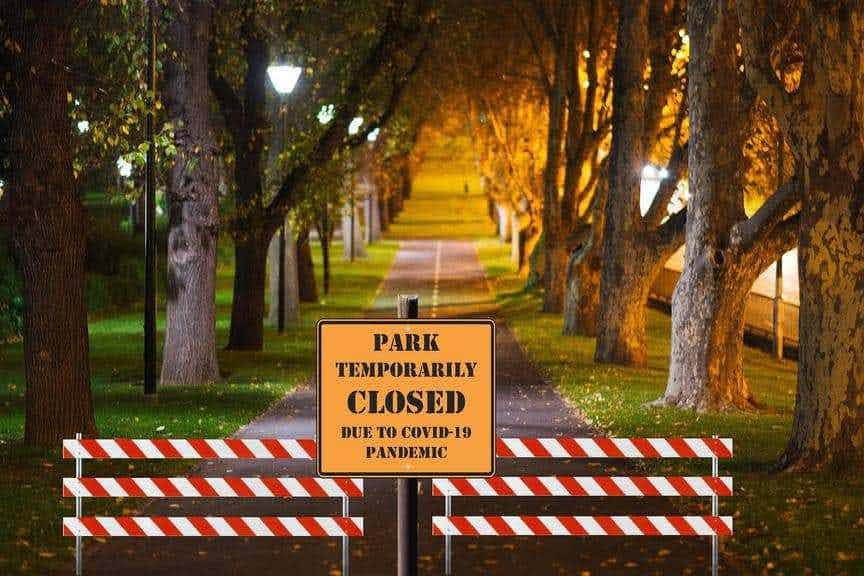Fearing a second spike of COVID-19, Prime Minister Boris Johnson announced a second partial lockdown for parts of northern England late last week.
The lockdown, affecting close to 4 million people in Greater Manchester, East Lancashire, and parts of West Yorkshire, came into effect at midnight on Friday morning. These local measures will introduce tighter social distancing measures that will have an enormous impact on vulnerable populations in these areas.
The decision came after data from Public Health England indicated the number of coronavirus cases in these regions has reached concerning levels over the past week. Blackburn with Darwen is currently experiencing 69 COVID-19 cases per 100,000, surpassing Leicester, where the infection rate has reduced to 50 cases per 100,000.
Health Secretary Matt Hancock justified the move, telling the BBC the government had taken action based on contact tracing data. Hancock said the data indicates most transmissions are occurring between households visiting each other, and people visiting loved ones.
With the Islamic community preparing to celebrate Eid over the weekend, a large number of people were expected to meet indoors for the first time since late March.
The renewed restrictions mean that once again, people will not be allowed to meet up with anyone other than the members of their households in private or indoor settings. Certain exemptions are allowed for support bubbles of individual households. Still, wherever possible, people in the affected areas are encouraged to stay indoors and refrain from even meeting in outdoor properties and gardens.
The short timeline before the new rules came into effect has been criticised by Labour, as have the mass restrictions being applied to all boroughs in the Greater Manchester area.
What’s more, this latest development is likely to have an immense emotional impact on not just the Islamic community, but also on all those who were looking forward to seeing their friends and families again after an extended period of lockdown. This is particularly true for elderly populations who, based on National Statistics reports, are currently facing their highest ever levels of anxiety and stress. Renewed physical distancing will take an enormous toll on their mental health.
There has also recently been speculation about how the government will deal with a potential second spike, which may also be used in easing the lockdown. It is thought millions of people over the age of 50 will receive a personalised risk rating, based on which they could be asked to stay home and shield themselves against infection. This move would add even more to the 2.2 million who are currently deemed vulnerable who were asked to shield until August 1st.
For many of the UK's elderly population, additional restrictions will make it even harder to access valuable support systems that can provide the physical and mental care they require.
The winter is expected to bring another resurgence of the virus. Along with the seasonal flu, this will put immense pressure on already strained care homes who are struggling to meet the needs of the elderly amidst a failing social care system.






